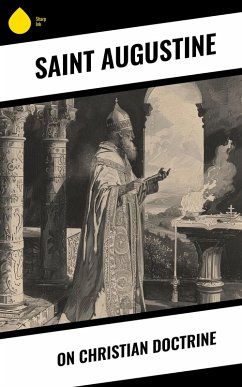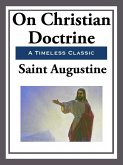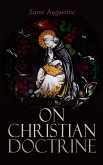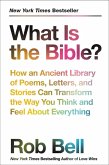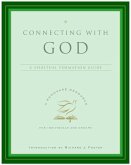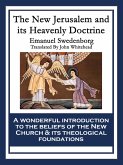In "On Christian Doctrine," Saint Augustine presents a profound exploration of the principles of interpreting Scripture and the application of Christian teaching to the life of the believer. Written in the early 5th century, this seminal work blends theological insight with rhetorical skill, urging readers to seek deeper understanding through a combination of divine revelation and human reason. Augustine's engagement with classical rhetoric situates this text within the broader context of late antiquity's intellectual currents, as he grapples with the challenges of faith in a world dominated by competing philosophies and religious traditions. Saint Augustine, one of Christianity's most influential theologians and philosophers, penned this treatise during a time of personal transformation and theological inquiry. His extensive background in rhetoric, coupled with his own journey from a life of moral laxity to fervent faith, deeply informs the text's advocacy for a disciplined and thoughtful approach to scriptural interpretation. Augustine's desire to equip believers with the tools for understanding sacred texts reflects both his academic rigor and his pastoral concern for the spiritual welfare of the Church. "On Christian Doctrine" is an indispensable resource for anyone seeking to deepen their understanding of Christian theology and Biblical exegesis. By providing foundational principles for interpreting Scripture, Augustine invites readers to engage in a lifelong pursuit of knowledge and piety. This book is not only a rich historical artifact but also a practical guide for modern believers navigating the complexities of faith in a contemporary context.
Dieser Download kann aus rechtlichen Gründen nur mit Rechnungsadresse in A, B, BG, CY, CZ, D, DK, EW, E, FIN, F, GR, HR, H, IRL, I, LT, L, LR, M, NL, PL, P, R, S, SLO, SK ausgeliefert werden.

